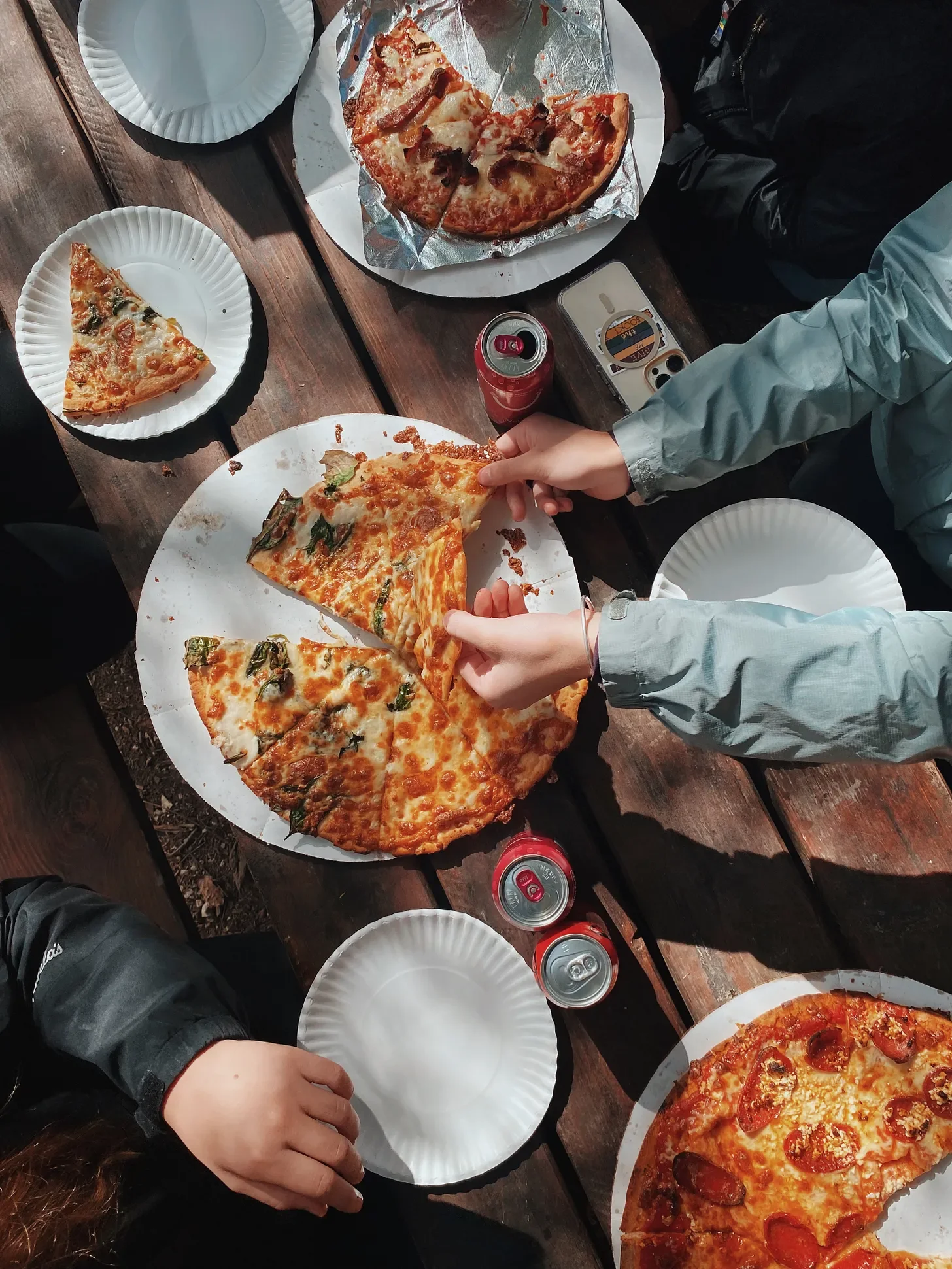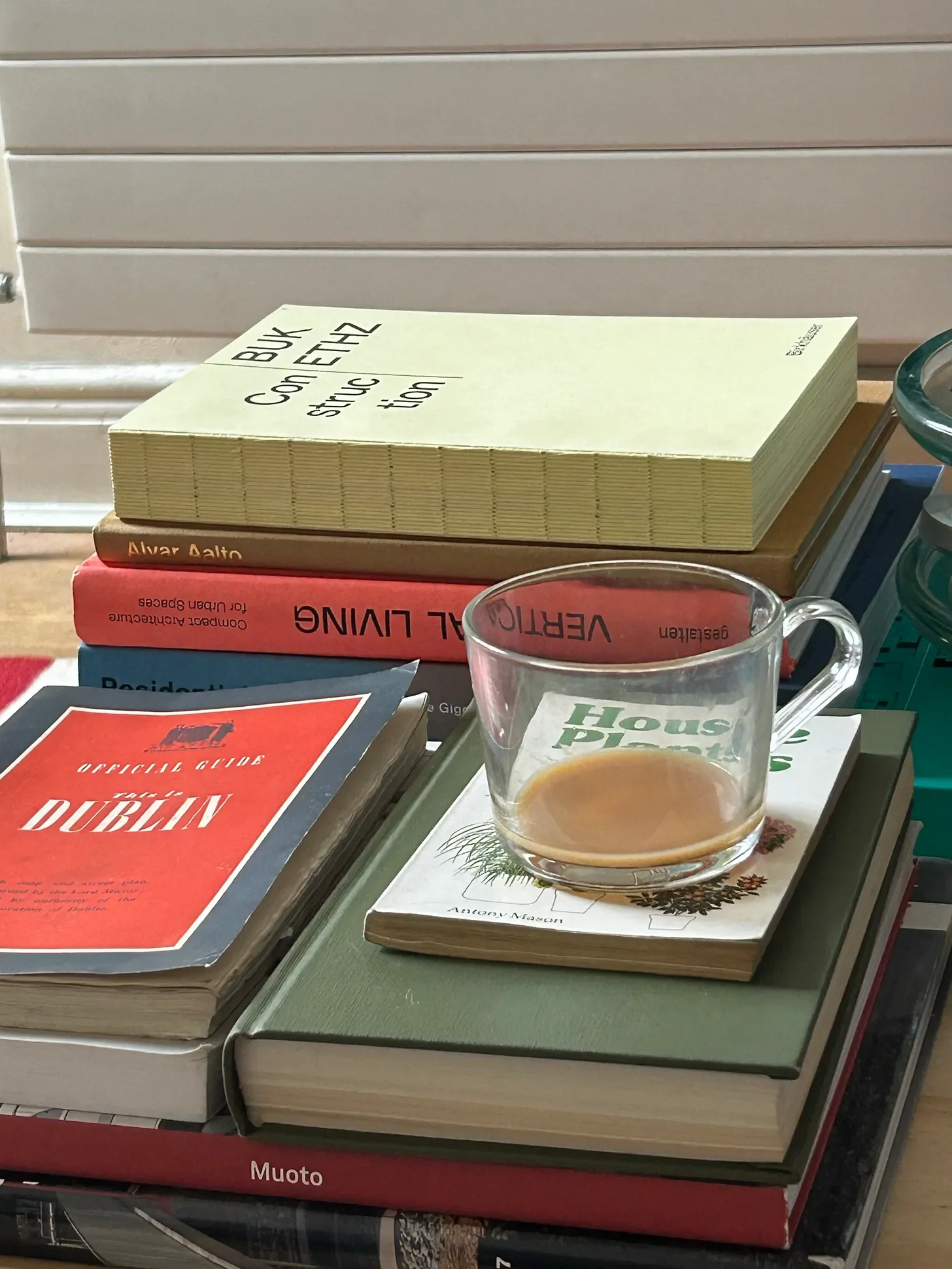I’ve been thinking about the discipline of friendship.
I was twenty-nine years old in the summer of 1969 when I met one of my dearest friends.
The first time we had lunch, we had lots to talk about: our growing families, his work as a professor and therapist and mine as a pastor, our lifelong devotion to Jesus and the importance of the church to each of us. We had lunch a few more times as winter slid into spring and after lunch, in the parking lot of the restaurant that had now become our regular meeting place, he said that he hadn’t had a close friend since college, that he knew it was a missing piece in his life, and that he’d like me to become that friend.
BECOME A FREE SUBSCRIBER TO I’VE BEEN THINKING
Five and a half decades later, following hundreds of lunches, dinners, and phone conversations, we still talk for an hour each week. I just turned eighty-four and he’s ninety-one. We’ve been through what he defines as thin and thinner, as if we never got to thick, although we’ve both lived through the best and the worst of times and have missed very little of the resonance that life affords.
Friendship is not just something I enjoy, it’s something I need. But it doesn't happen magically, no matter how easy the relationship might feel.
I learned in our first decade together that there is a discipline to friendship. The first rule is to show up. When we decided to risk this idea of being close friends, we agreed to have lunch every other Friday from noon until 2pm. I went home and put it on my calendar for the rest of the year. We’ve had periods when he travelled or moved away, and the day for lunch changed from time to time. In recent years, as we’ve both grown less agile, it’s been easier to hook up on the phone than to meet for lunch. But for fifty years we have had on our calendars this dedicated time for our friendship.
As a pastor and therapist, I’ve listened to too many people – mostly men who work hellish hours in their climb up the ladder – talk about quality time. They often have in mind those few minutes they devote to their kids after they get home late, or their efforts to jam a marriage into the drowsy moments before they fall asleep. I learned from them, and from my own working hours as a pastor, that the only real quality time is plenty of time: time enough to relax together, time enough to catch up not only on work and the kids but on how we’re doing with one another, time enough to play together, to lie together touching, expressing the tenderness that says without words I’m so glad to be with you. Time together that is on the calendar and is just as important as work or soccer or cocktail parties.
We show up, make enough time, open up.
As I approached midlife, I asked myself what mattered most to me as I looked into the future. It took very little time to realize the obvious: I wanted to spend time with people I love who love me. I began to replicate the discipline I had learned in my first deep adult friendship. I identified people I knew (or wanted to know) deeply and dedicated time to be with them. This need for friendship became so fundamental that over the decades I’ve developed a calendar that is filled with commitments to being with people I love.
A fellow therapist and I started playing tennis every Friday morning in 1978 - now we do Friday morning with muffins and coffee. We’ve dubbed these mornings our sanctuary of sanity in which we talk openly with a trust crafted by all these years with one another.
In the mid-1980s, I began having one-on-one lunches with a half dozen of my closest friends. We always sat at table thirty-six in front of the fireplace at my favorite restaurant. I was mimicking what I’d learned years earlier, setting aside disciplined time to keep these precious relationships fresh and intimate. Every week from noon until 2 pm I was across the table from a dear one, leaning in to hear one another’s every thought or innuendo. The restaurant closed for two years during Covid, my routine got disrupted, and when they re-opened it was only for dinner. I still like the food, but the magic is gone: it wasn’t the food or the fireplace, it was the recurring conversations with my best friends that made table 36 a site of sacred friendship.
In the winter of 1991, a group of fifteen men in our church began meeting early Monday morning every other week. We decided to avoid superficial conversations about sports or entertainment or politics, and to share instead what was happening for each of us with women, work, and God. In thirty-four years, we’ve never run out of things to discuss. We’ve buried seven friends from our fellowship. We’ve lived through these deaths, divorces, emotional confusion, family triumphs and business failures; recently we’re dealing with the destruction from the Altadena fire that left so many of our friends and one member of our group homeless. Transparency and a willingness to be honest has glued us to one another for decades.
Fifteen years ago, a small group of my friends decided to read great American novels from the twentieth century. We have just gathered to read our seventieth book, Edith Wharton’s House of Mirth. Our assumption is that these books have maintained their popularity because they have something of value to say that extends beyond the moment in which they were written. Coming at the world through the imagination fiction requires and the way it engages our emotional life has let us know each other from a perspective we would never have seen otherwise.
I'm very fortunate that our children and their children now live within ten minutes of us. I’ve seen hundreds of soccer games and water polo matches, been to student plays and back-to-school events for grandparents. What anchors me is family dinners every Friday night at our townhouse. We share whatever food has been assembled and listen as the ongoing conversations keep three generations fresh and up to date. Even with three teenage grandchildren, they show up at 6pm for dinner before heading out for concerts or sports events or, just recently, dates.
The common thread in these enduring relationships is consistency, repetition, and time - it yields a richness and a depth that is only possible with the discipline of friendship.




